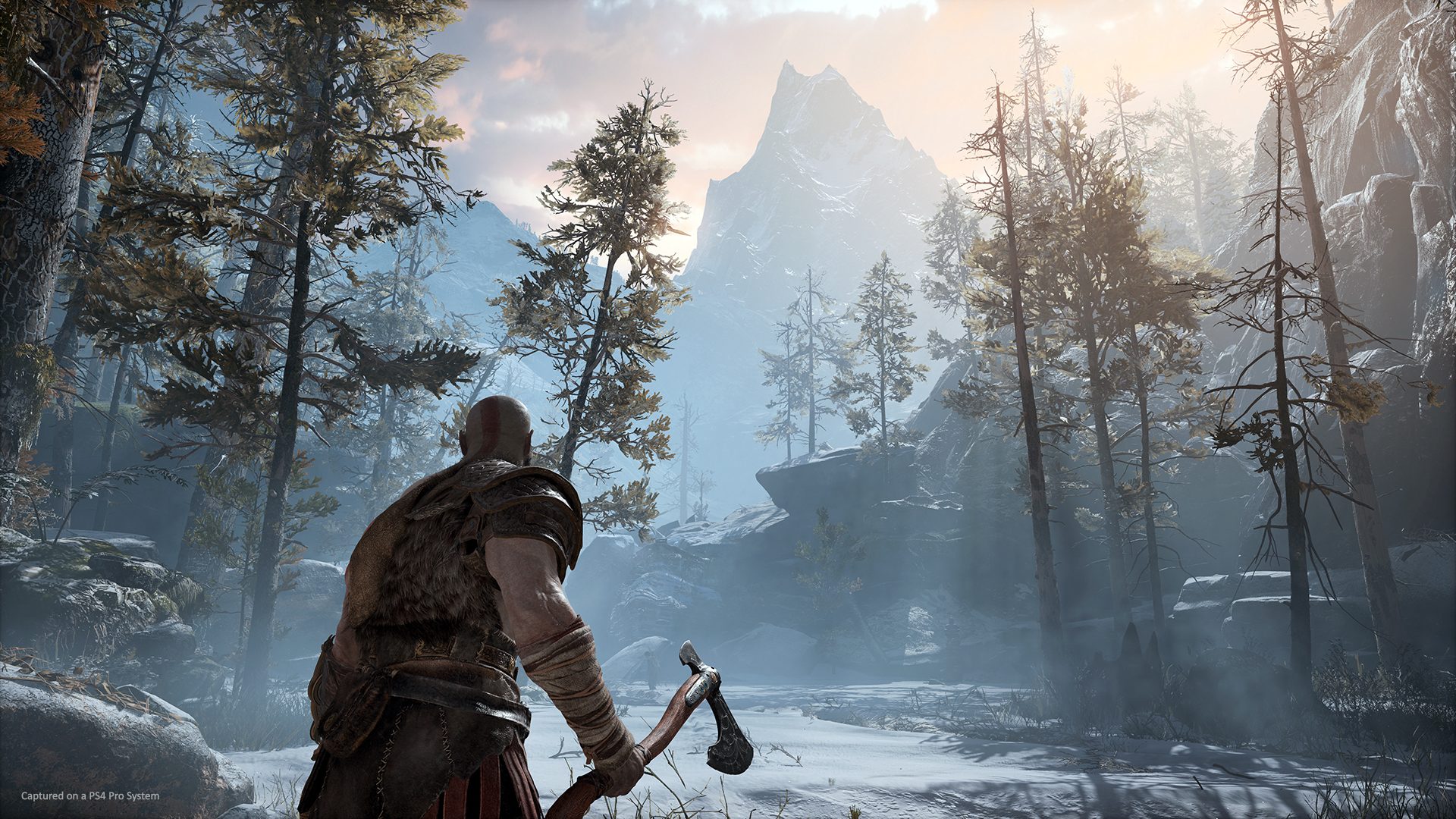
Let me start this article by saying that it is not a piece about God of War (I’ll also put it in the meta so there is as little misinformation as possible). Rather this is a brief look at an issue that is becoming more and more prevalent in the games journalism sector and something which, I believe, is becoming damaging, particularly to the ability of smaller sites to get genuine, well-written content deserved exposure.
In theory, there is nothing wrong with the idea of observing trends and offering original viewpoints and angles as articles and video content. After all, the latest fad in gaming is driven by what people are into at the time, and so a glut of responses in one form or another seems appropriate. That being said, there has been a notable increase in articles written that are so deliberately contrary to popular opinion, it’s almost offensive. What I mean by this is not that people can’t have their own opinions that go against the grain, far from it, but instead that these pieces are written with such thinly veiled falsity, confronting every major popular feature within a game and deliberately attacking it without rhyme or a sense of reason.
There are hugely notable examples of people who offered unpopular opinions but rationalised them so well that people couldn’t help but acknowledge that there is another side to every argument, John Bain (TotalBiscuit) comes to mind. Now, as the clear benefits of offering a deliberately provocative viewpoint to the internet are known, sites are beginning to churn out more and more articles that offer unsubstantiated commentary on a hot button issue, without really quantifying any of the internal information. One game that really seemed to bring this out in its most obvious form was God of War. In recent days, I have personally seen tens of articles with headlines like, and I promise these are genuine, “I don’t like God of War” and “God of War has a bad game (sic)”. Seemingly gone are the days when a nuanced view on a game, with a focus on its finer details, was the norm, and instead we enter a world where YouTube-esque clickbait passes for journalism, and everything other than the empty red ring in the thumbnail is permitted. I mean some of the articles I read were literally 100 words, for god’s sake.
The problem is rife on the smaller sites but that doesn’t mean that the “big boys” are wholly immune from criticism. Gamespot recently posited that Blizzard would be making “one game” free for the weekend, without letting everyone know, until they’d clicked the article, that the game in question was Overwatch. There is one key difference between clickbait and the problem I described earlier. Clickbait is a, albeit annoying, way of getting people to follow through on reading the article, whereas the type of content I’m referring to in this piece is tantamount to lazy journalism that the author often wouldn’t even stand by if asked in private. One “crime”, for me, is greater than the other and yet considerably easier to stop in it’s entirety if the community as a whole stops buying into it and responding in kind. The issue with that is the fact that articles have to be clicked before you can see the content, so the site owner wins either way, but exposing it at every turn, and boycotting repeat offenders, must be encouraged.
Sensationalist content is always going to exist because, at the end of the day, that’s what pulls in the big audiences. That being said it is everyone’s responsibility to improve the community, so in a sense this is my way of doing just that. Also this isn’t an instructional to avoid the hype train at all costs, jump aboard, it’s actually a lot of fun. Just make sure you’re in the right carriage. And apologies if this article seems somewhat mean spirited, it is merely disheartening to see great, down the line content, for example over at Gert Lush Gaming, go unnoticed, drowned out by a cacophony of people who are making a lot of noise, but who have very little to say.




